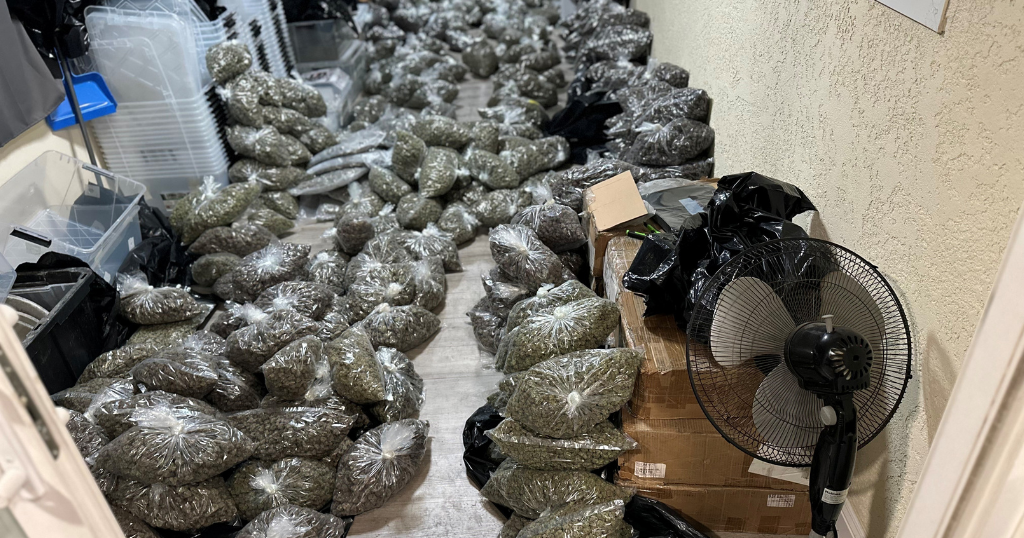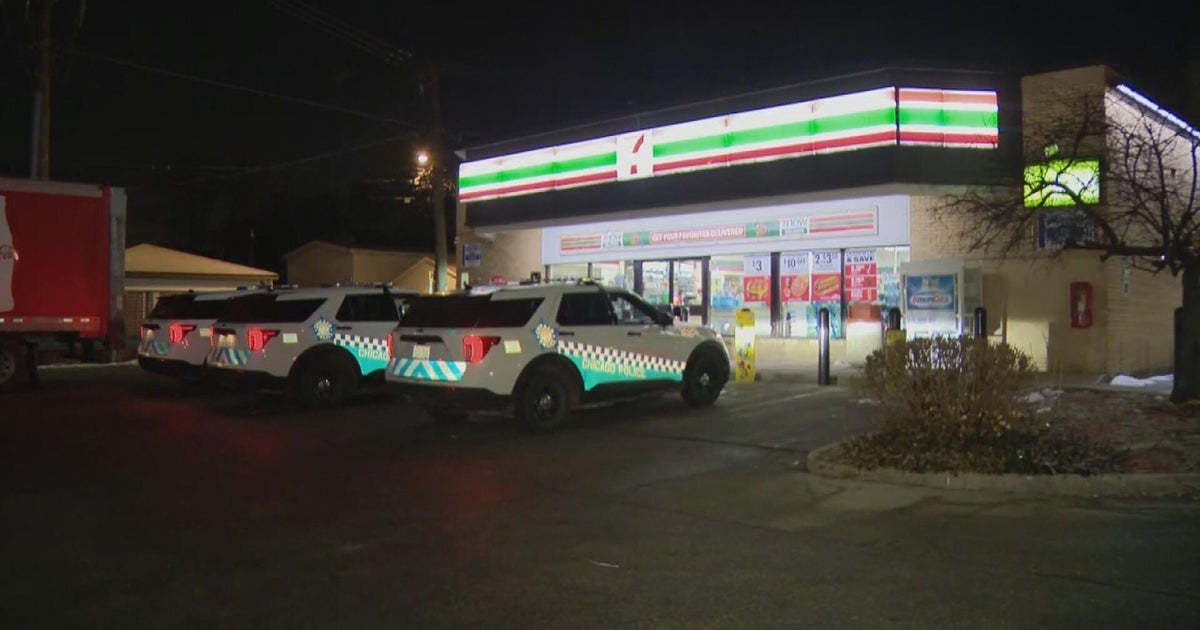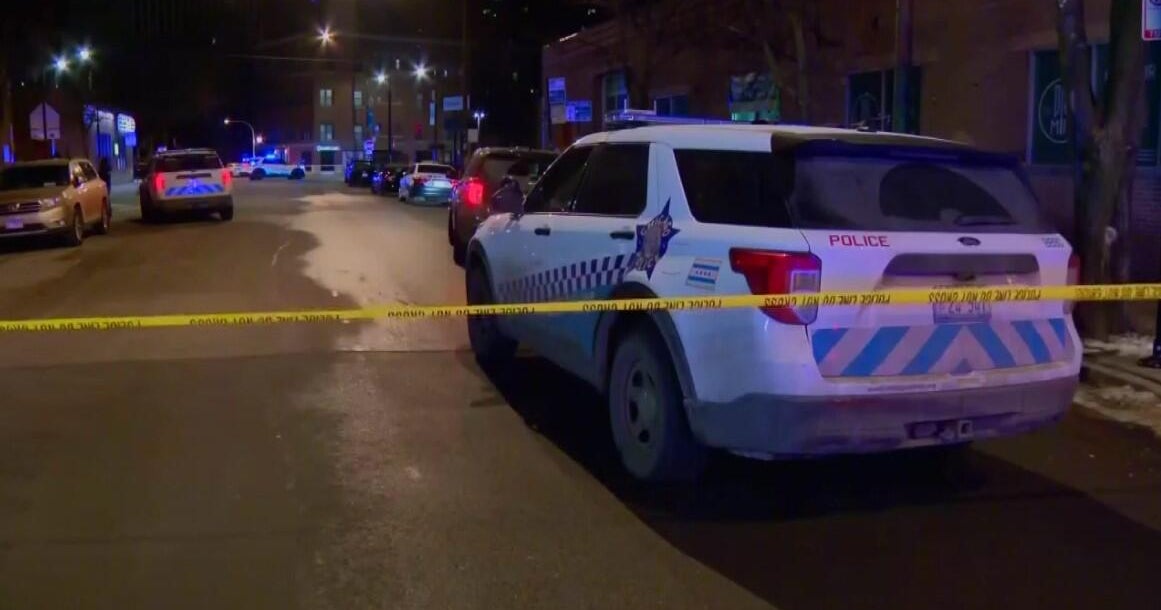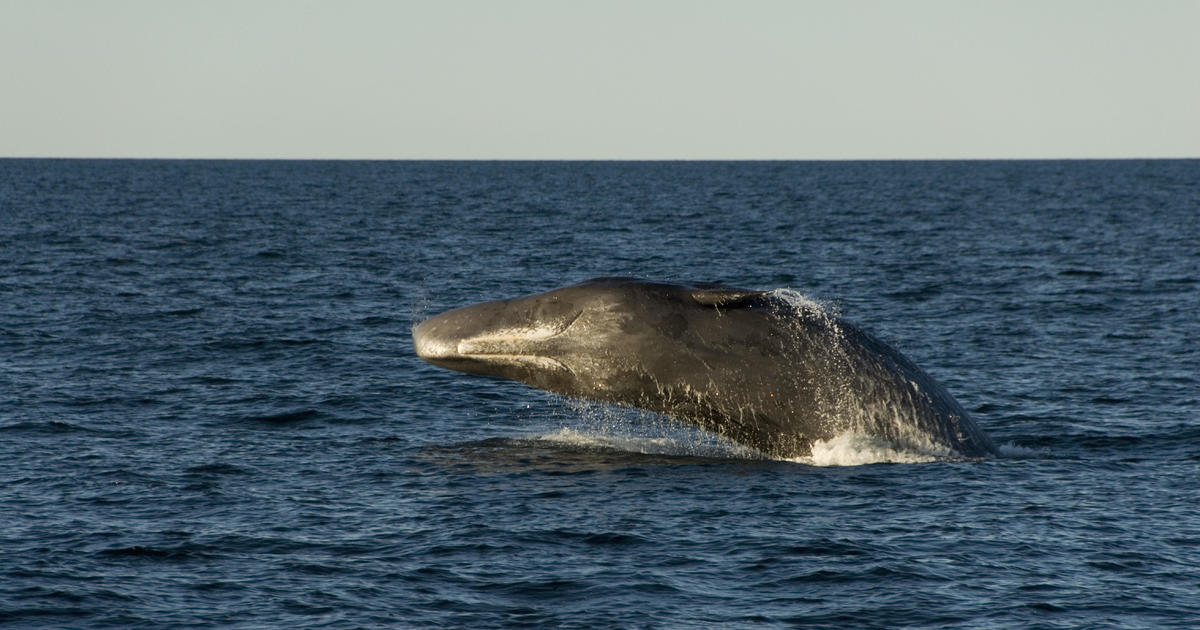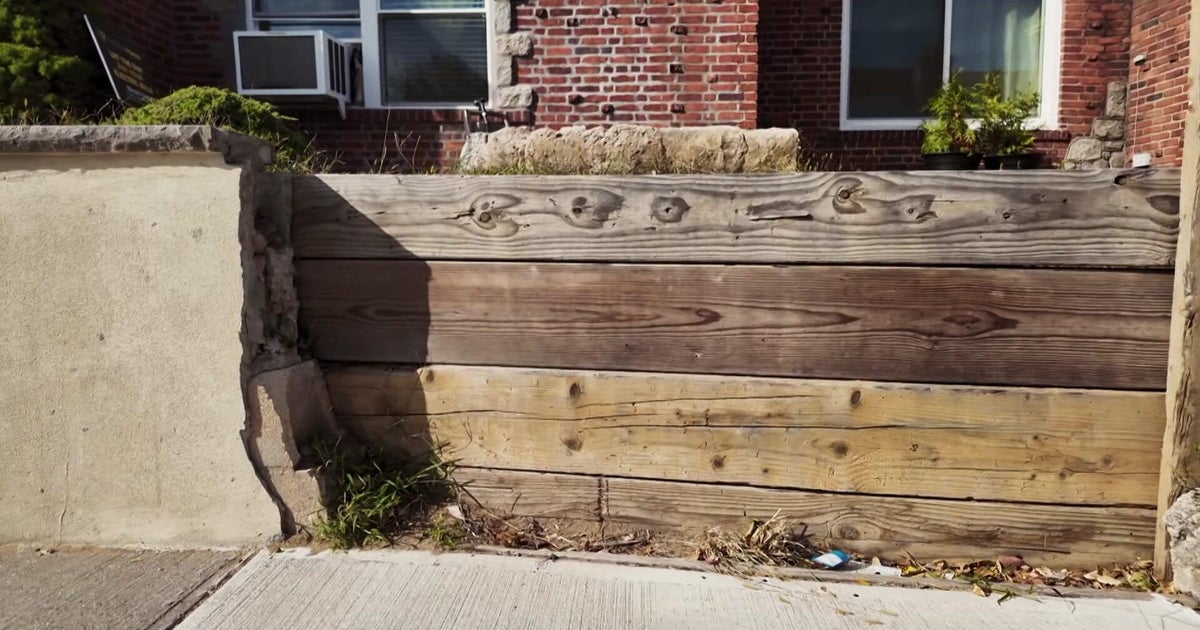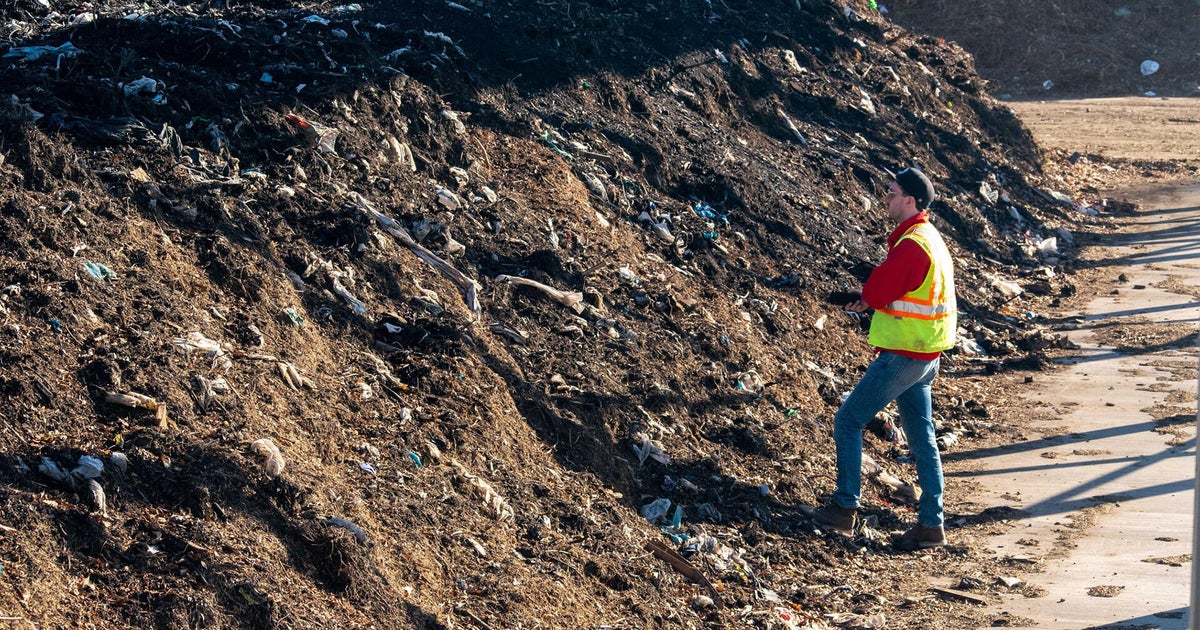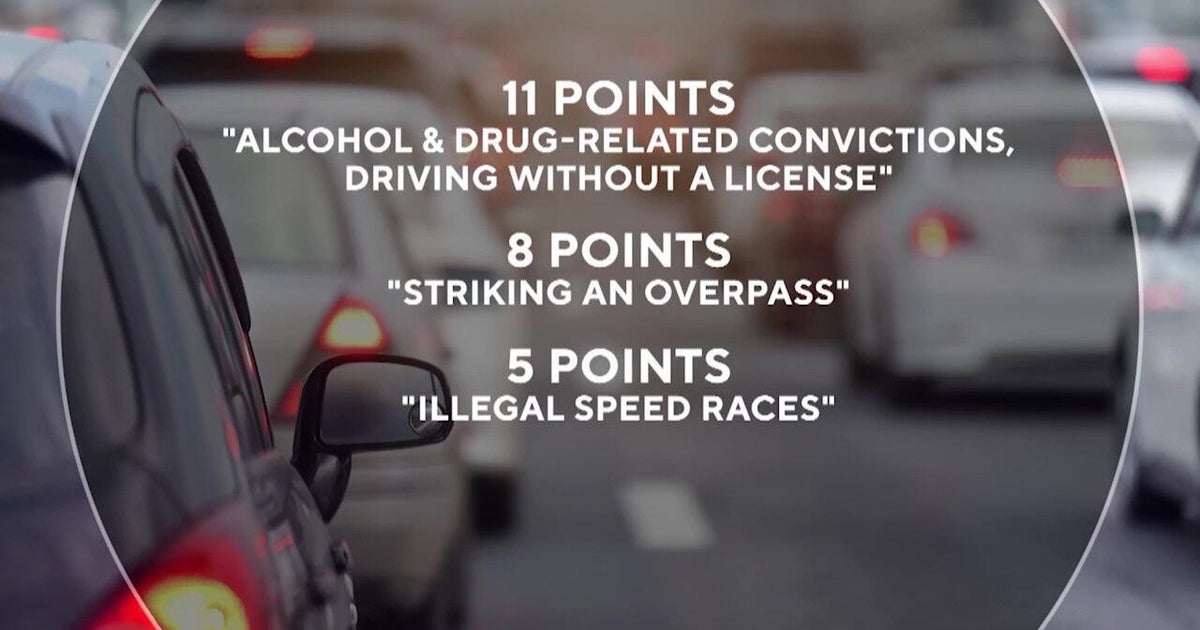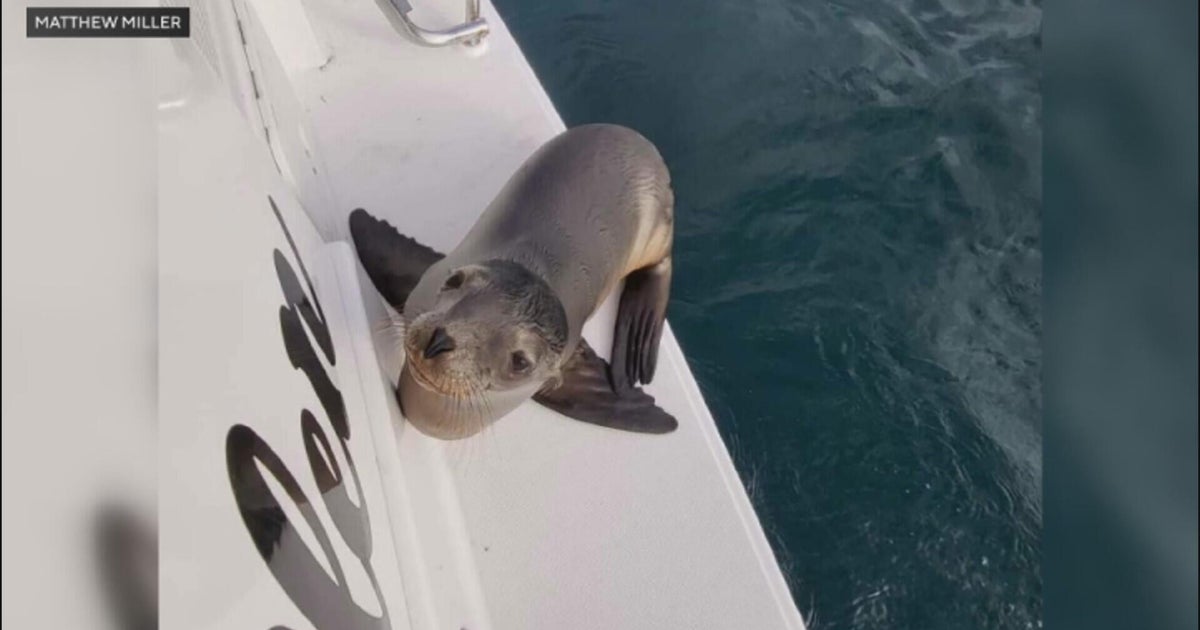Berkeley to investigate if radioactive material was buried under waterfront park
Old records have emerged indicating that potentially dangerous substances, including radioactive materials, may have been buried under a Berkeley waterfront park. Now, the State of California is ordering the city to begin testing.
It started in January when the City of Berkeley got a letter from the State's San Francisco Bay Regional Water Quality Control Board. The letter said that archive records had turned up about the now-defunct Stauffer Chemical Company's dumping of industrial waste in five local landfills. One of them is now Cesar Chavez Park at the Berkeley waterfront.
The records show that, between 1960 and 1971, more than 11,000 tons of material were sent to the Berkeley site, including something called "alum mud," a waste product of aluminum processing that often contains radioactive elements. The question is...is that what's under the ground at the park?
"I just don't know," said park visitor Debra Clark. "I don't think people ever cared about whatever they did years ago. It was just, throw it in the trash and it was done with."
But the State's not done with it. They've ordered testing at Chavez Park and another former landfill site called the Albany Bulb, to determine if any unusual radioactivity is in the area. So, at the end of September, Berkeley will begin flying a drone with a gamma radiation detector over every square inch of the park. They'll do soil and groundwater testing, as well. At a public meeting on Tuesday afternoon, officials stressed that they are having to deal with someone else's mess.
"Please be reminded that this occured over 50 years ago, over half a century ago, where a Richmond company distributed potential industrial waste to four--Berkeley being five--landiflls," said Wahid Amiri, Deputy Director of Public Works.
No one was blaming Berkeley but even park supporters were split about the danger level. Marty Nicolaus, CEO of the Chavez Park Conservancy, thought it's much ado about nothing.
"I guess they have to do it to make the regulators happy," he said. "But I see no grounds for worry that there's really radiation in the park above normal background radiation."
But Claudia Kawczynska, the founder of the park's off-leash dog area, said she's keeping her distance for now.
"I just want the people to know and make their own decision about should they use it before the testing is done? Before the results are studied? I wouldn't use it, personally," she said. "No, and again, I'm the founder of the off-leash area. And I love my dog too much to put her through that."
The state believes something was buried there that could present a lasting danger. And until they know otherwise, they consider the park to be grounds for concern.
Drone testing will begin at sunrise on September 30th, and last for two hours a day for five days. Different areas of the park will be closed while that's happening. When finished, the city will have 90 days to send a final report of their findings to the state.
